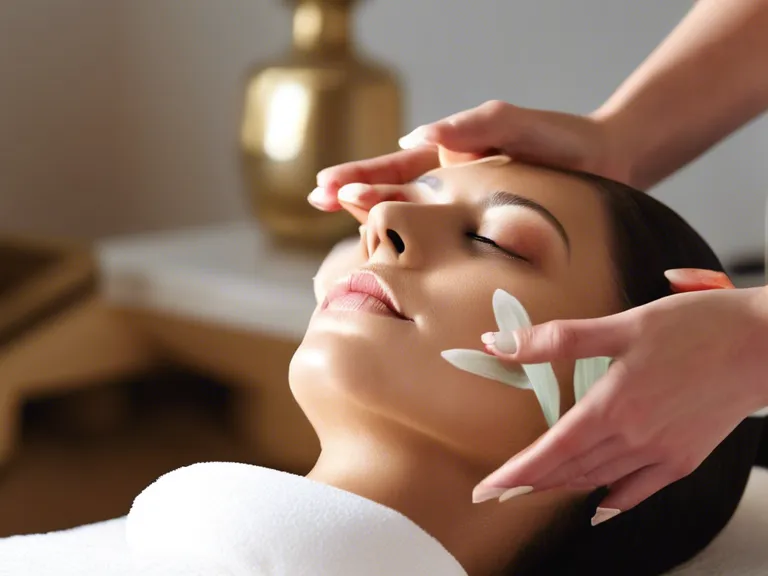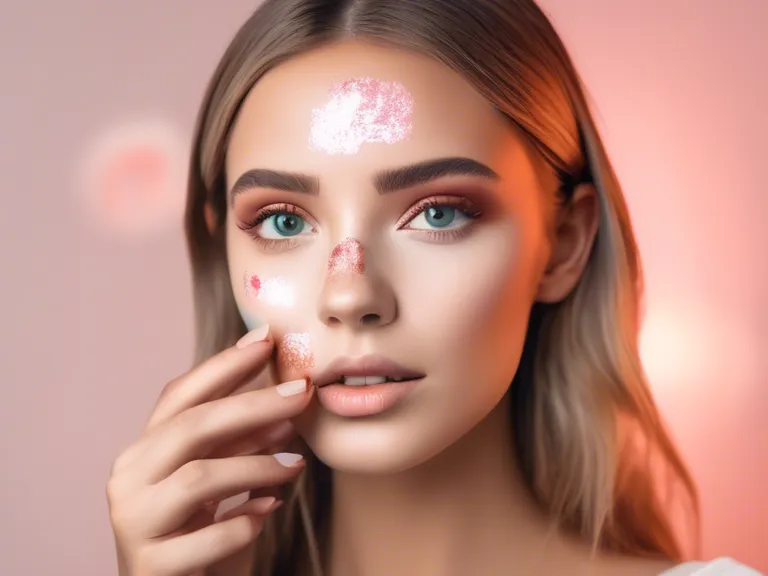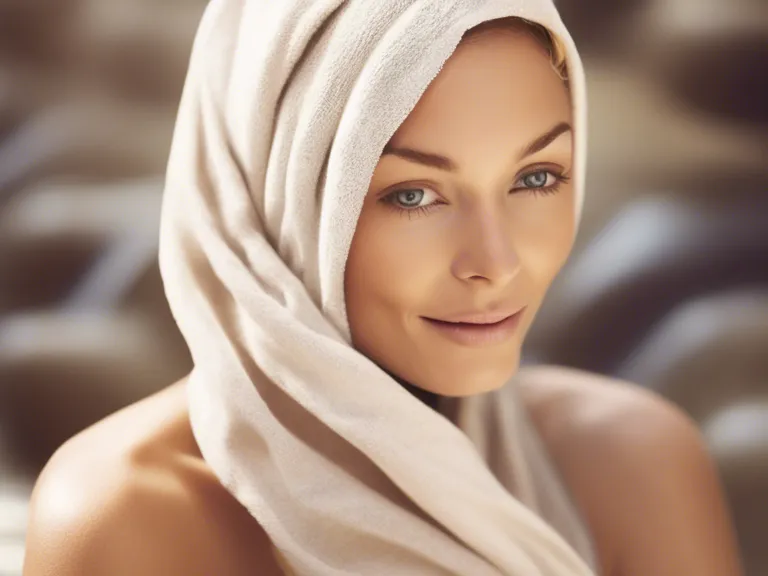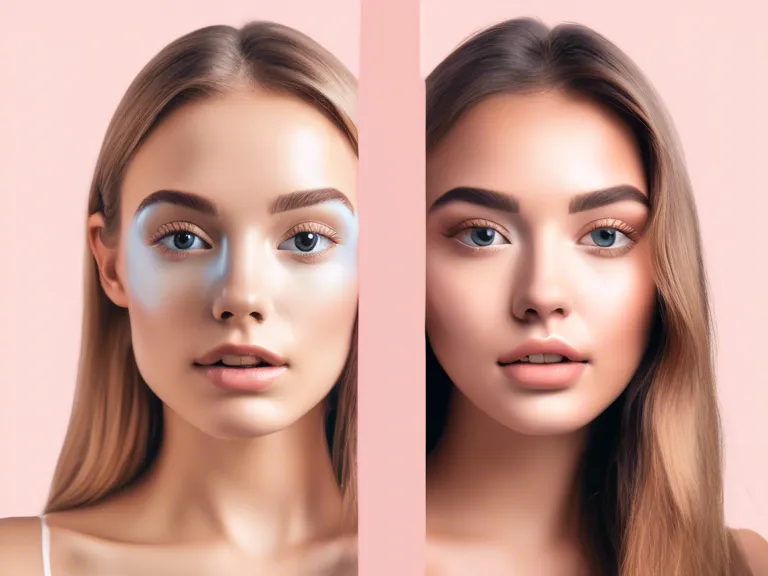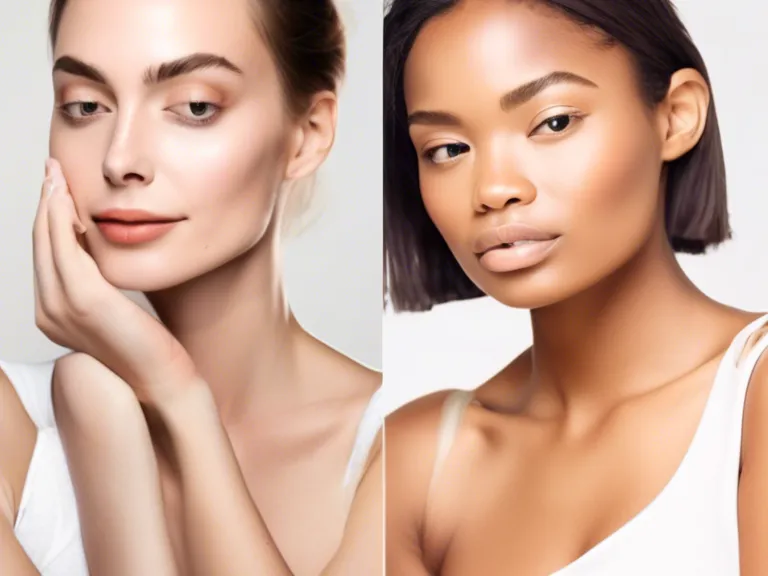
In recent years, the use of beauty filters on social media platforms has skyrocketed, prompting a debate on whether these filters are ultimately beneficial or harmful to our mental and emotional well-being. While some argue that beauty filters provide a fun way to enhance our appearance and boost our confidence, others raise concerns about the unrealistic standards they promote and the potential negative impact on self-esteem.
Proponents of beauty filters point to the fact that they allow users to experiment with different looks and feel more glamorous online. These filters can smooth out imperfections, add makeup, and alter facial proportions, offering users a way to present themselves in a more polished light. In a society obsessed with beauty and perfection, these filters can provide a sense of control over one's image and help to boost self-esteem.
On the other hand, critics of beauty filters argue that they perpetuate unattainable beauty standards and distort our perception of reality. By constantly seeing edited and airbrushed images on social media, users may develop a skewed view of beauty and feel pressured to conform to these artificial ideals. This can lead to feelings of inadequacy, comparison, and low self-esteem, especially among young and impressionable users.
Ultimately, the debate over social media beauty filters comes down to personal preference and individual awareness. While some may find them fun and empowering, others may feel pressured and insecure. It is important for users to be mindful of the impact of beauty filters on their self-image and to cultivate a healthy relationship with social media. Remember, beauty comes in all shapes, sizes, and forms – filters or no filters.
